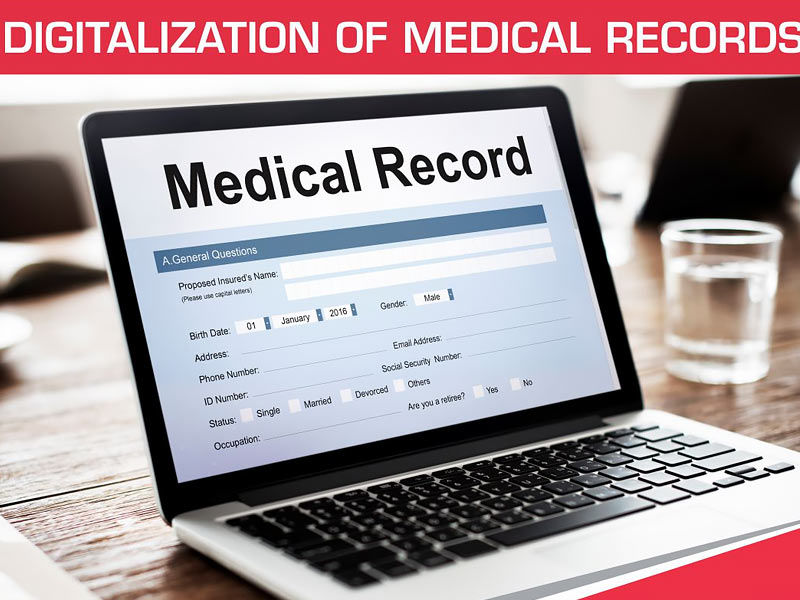The central government and Amazon’s Cloud computing section have an ambitious proposal that might soon keep your entire patient information on a single platform.
Amazon Web Services (AWS) has started projects to create digital health IDs and “longitudinal health records” of citizens. AWS previously supplied the Cloud infrastructure of important India Stack applications, such as the DigiLocker digitisation service and the CoWIN vaccine registration web portal.
According to a top official, these would be developed as a component of repurposed CoWIN and Arogya Setu platforms.
Also read: 9 Amazing Health Benefits Of Muskmelon Seeds
In order to provide scalable, on-demand services in the areas of agriculture, transportation, and education, AWS has partnered with a number of state and federal government organisations in India. However, in terms of healthcare, the government is concentrating on merging the platforms and portals that have been running independently.
The Ministry of Health and Family Welfare redesigned CoWIN into U-WIN, a platform promoting immunisation for all people. It might meet the vaccine needs of almost 100 million individuals, including expectant moms, nursing mothers, and children ages 0 to 6.

The recently introduced Poshan Tracker, a nationwide programme under the National Nutrition Mission, is a noteworthy addition. The platform tracks dietary intake for the 100 million target population, which includes kids, women who are pregnant, and nursing mothers. According to Gupta, about 1.4 million Anganwadi facilities across the country are currently the source of real-time data.
AWS is developing the Unified Health Interface (UHI) for the National Health Authority in addition to the health records. According to Gupta, this would establish a UPI-like basic layer for other app developers. With the UHI project, the government hopes to provide the framework for the public healthcare system.
The first government app that lets you generate a 14-digit health ID is called Arogya Setu. Users will have the ability to integrate both new and current health records with a framework for consent management. These days, you have to carry all of your physical medical documents with you when you visit different hospitals. However, as everything will be kept in a single location, much like with DigiLocker, there won’t be a need for it going forward, according to Gupta.

























